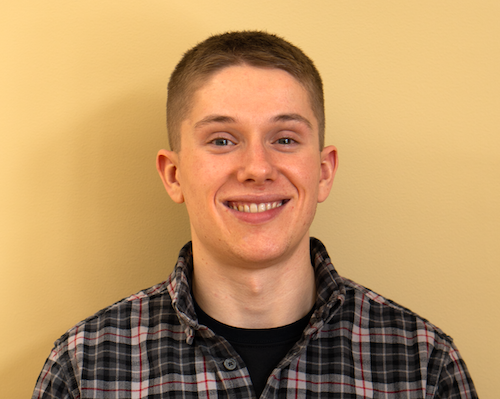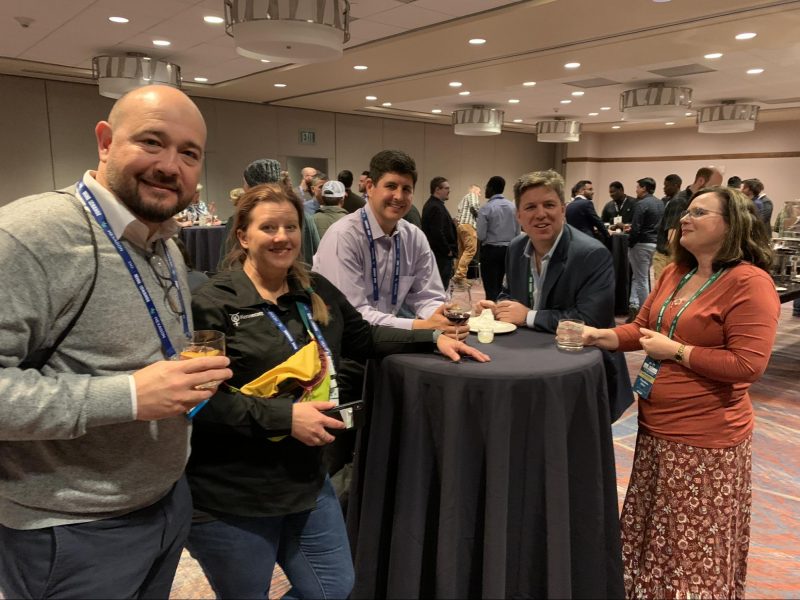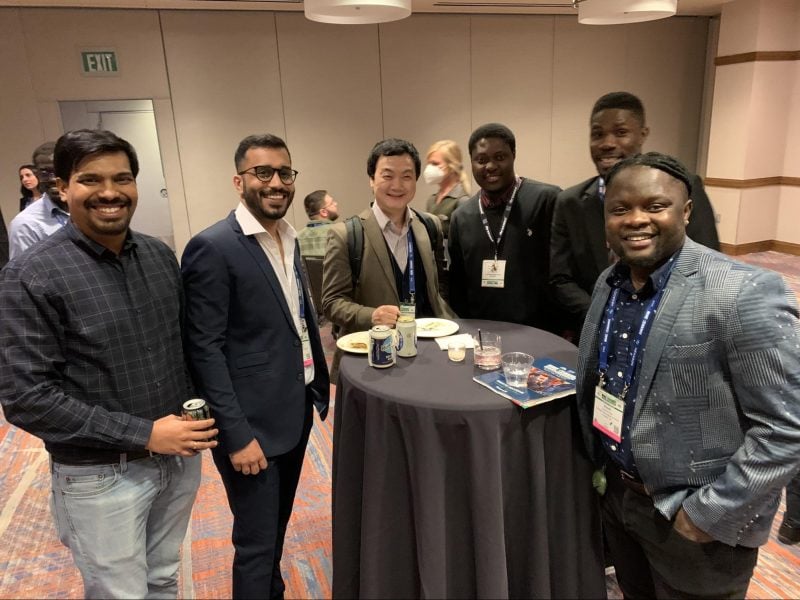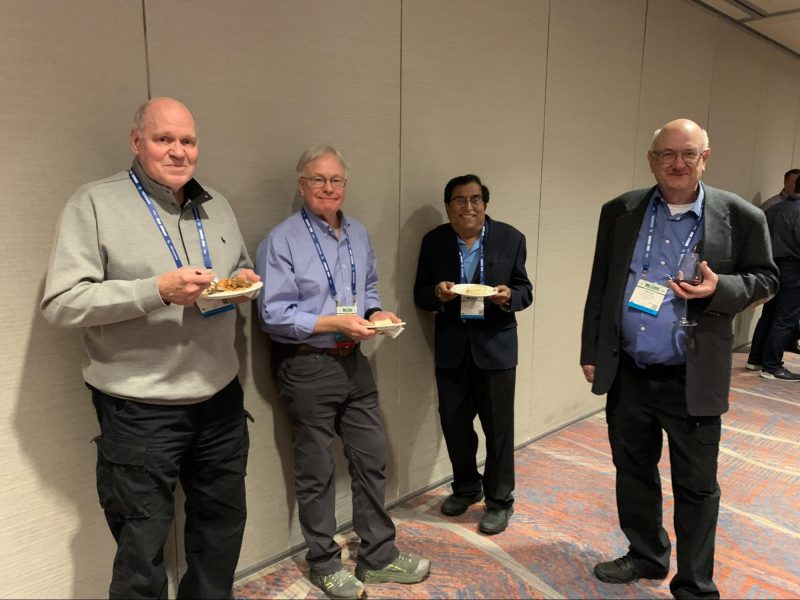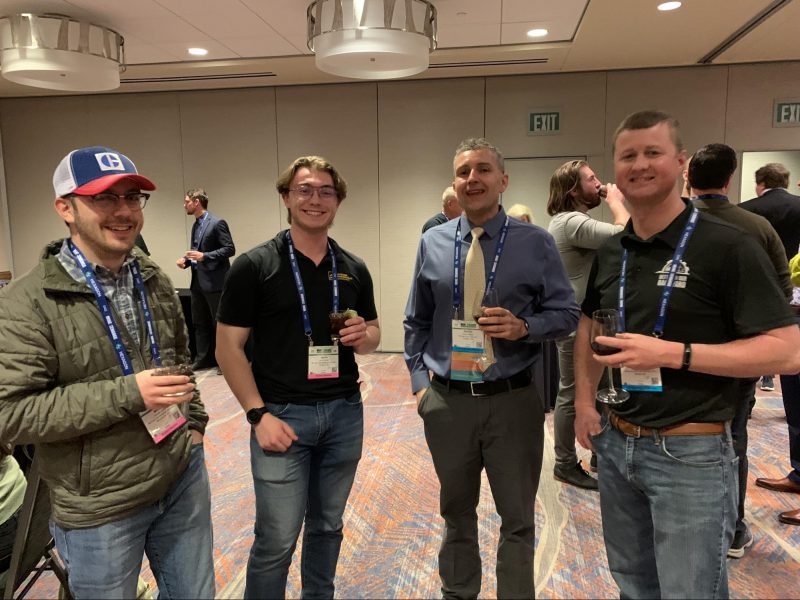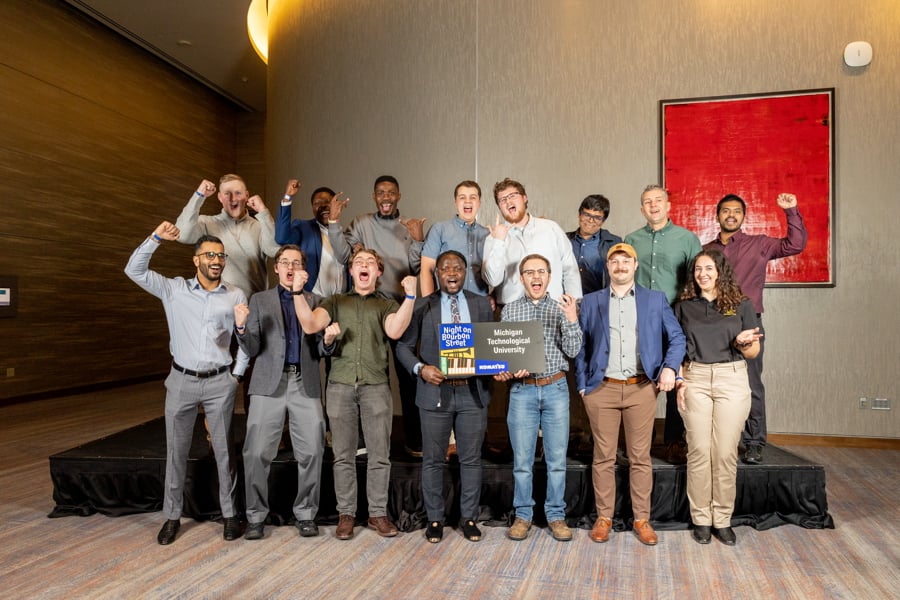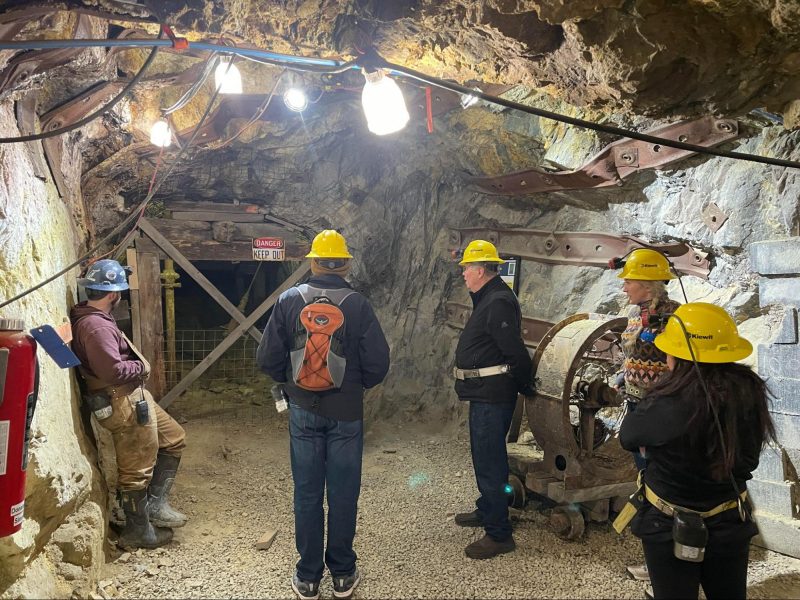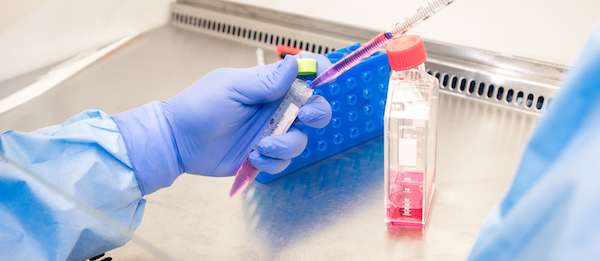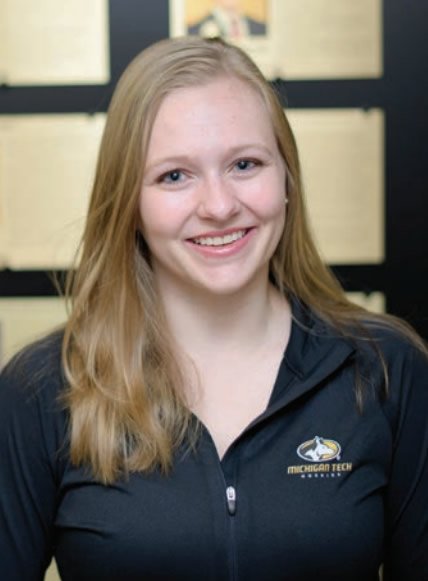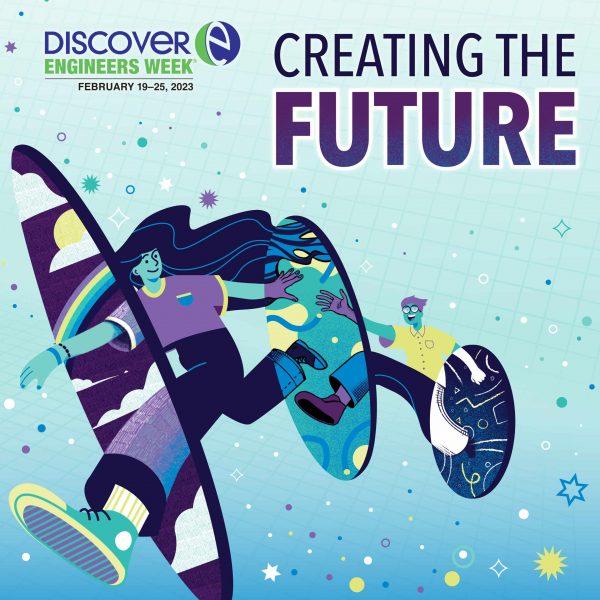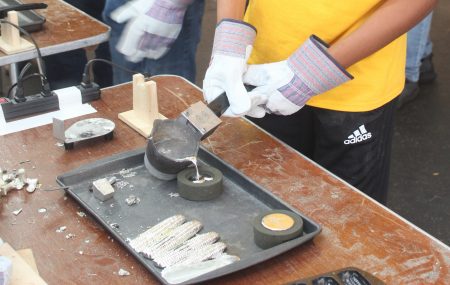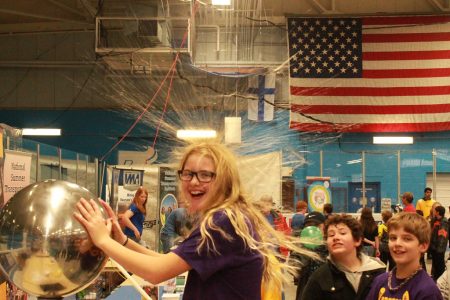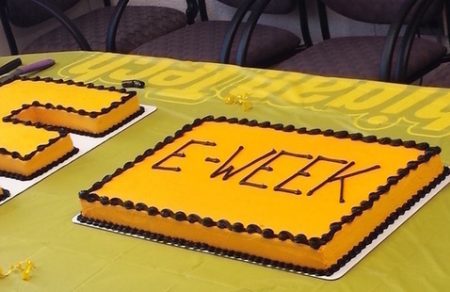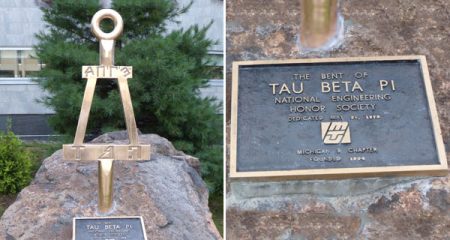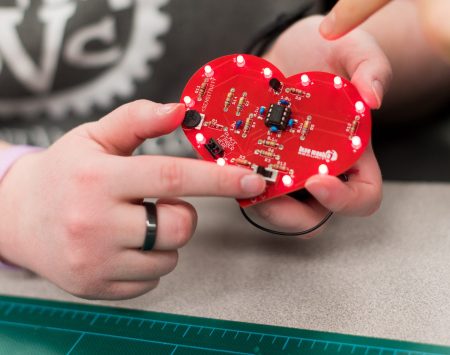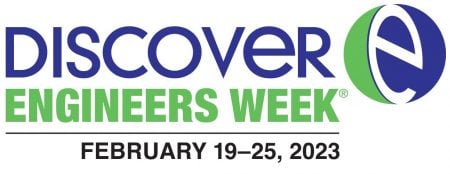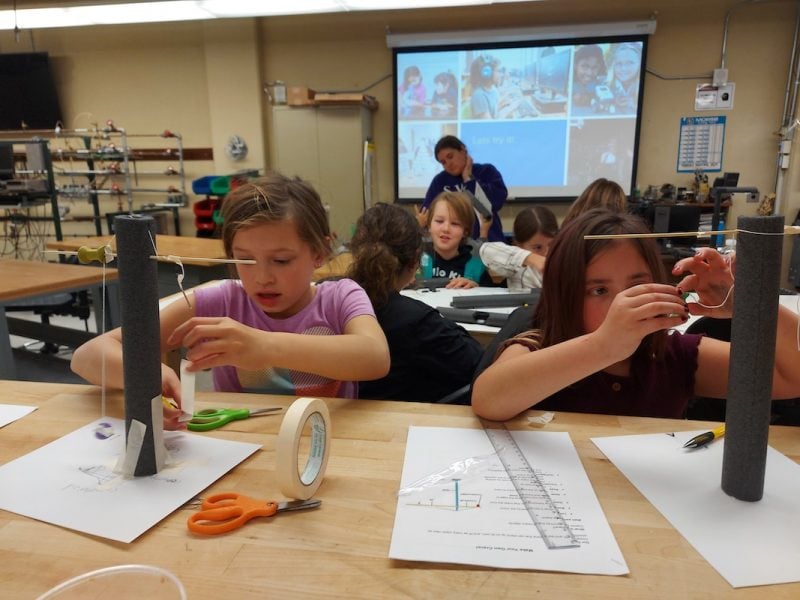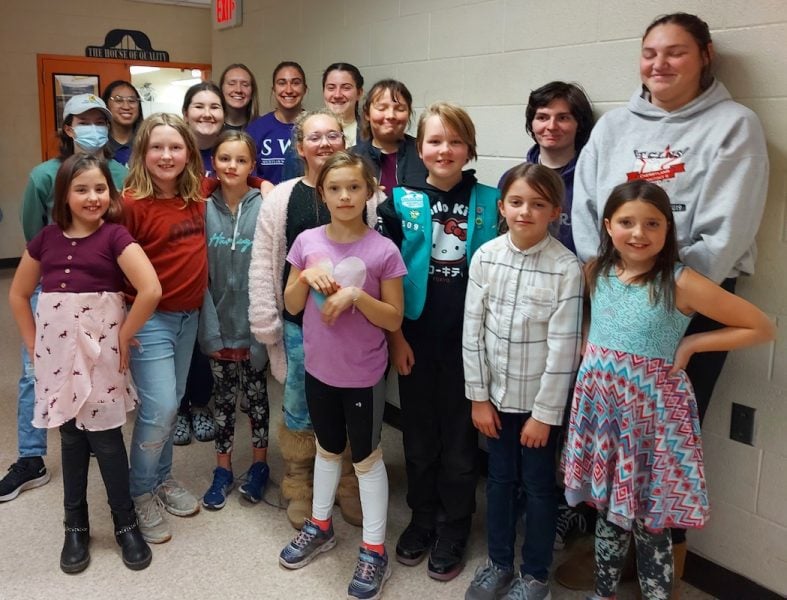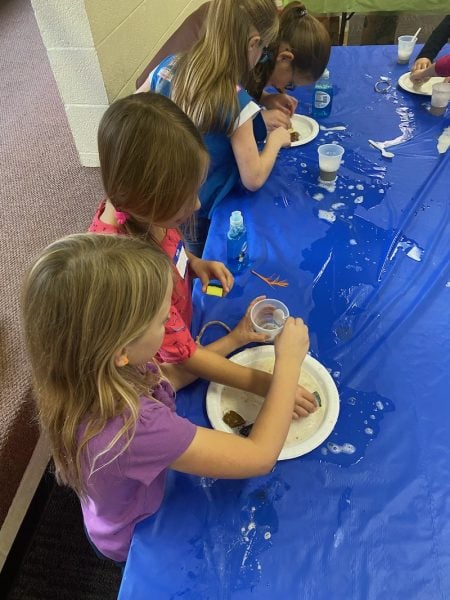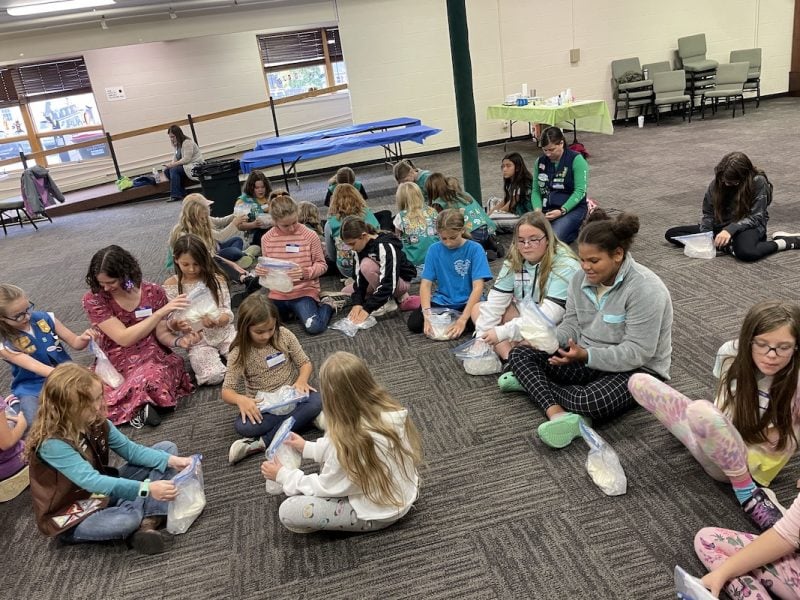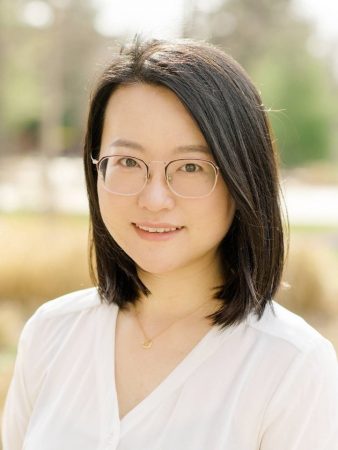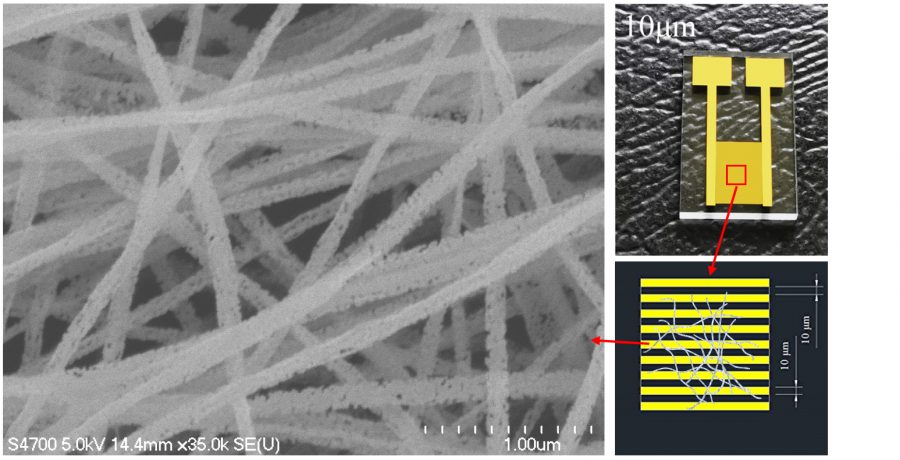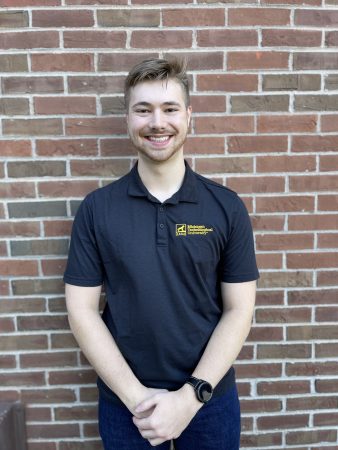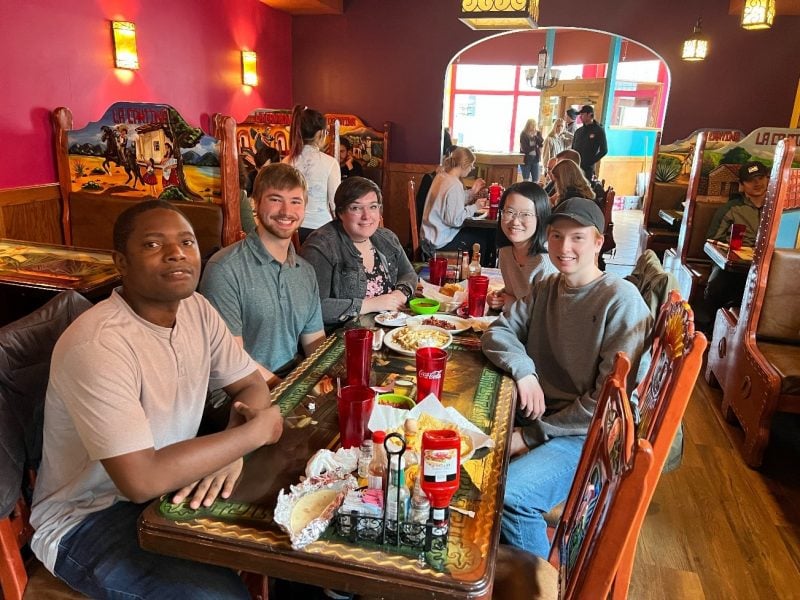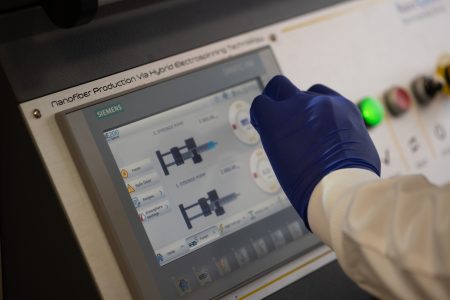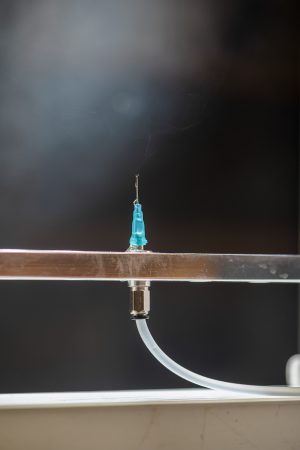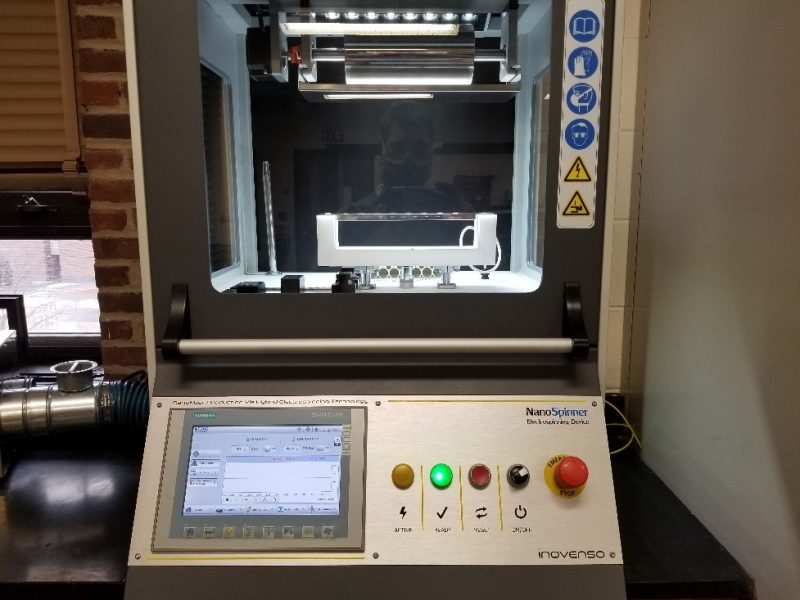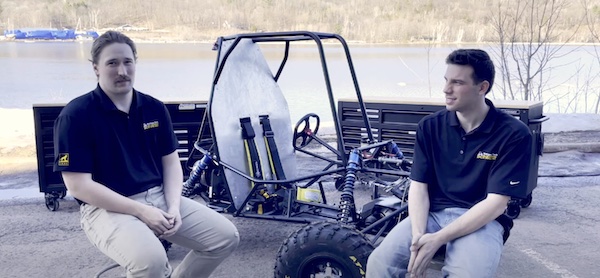
Michigan Technological University opens Design Expo to underclassmen
Briana Tucker and Nagesh Hatti (Enterprise) were quoted by WZMQ 19 News in coverage of Michigan Tech’s 2023 Design Expo, held Tuesday (April 18) at the Van Pelt and Opie Library and Memorial Union Building.
The Michigan Tech Baja Racing Team showcased their new car at the expo as well. This year they’ve been mandated to build a four-wheel car in order to compete and the team says they use the tools from class in every cylinder of their project.
Read more at WZMQ 19 News, by Mitchell Rife.
Michigan Tech University holds 23rd annual Design Expo with wide project variety
Tucker, senior Ryan Peckham (electrical engineering) and first-year engineering student Andrew Brenner were interviewed for a WLUC TV6 broadcast segment, and first-year chemical engineering students Ethan LeGrave, Veronica North, and Bailey Wright were mentioned in the accompanying story.
The Wireless Communications Enterprise (WCE) team showcased several of their projects.
Read more at WLUC TV6, by Colin Jackson.
Feats of innovation
The Daily Mining Gazette also covered Expo, mentioning students Breanna Gorman and Cade Meyer.
Breanna Gorman, president of the Enterprise team and fourth-year electrical engineering major showcased a portable battery pack intended for military backpacks.
Cade Meyer, a fourth-year mechanical engineering student was part of the Velovations Enterprise team. They focus on bicycle design projects.
